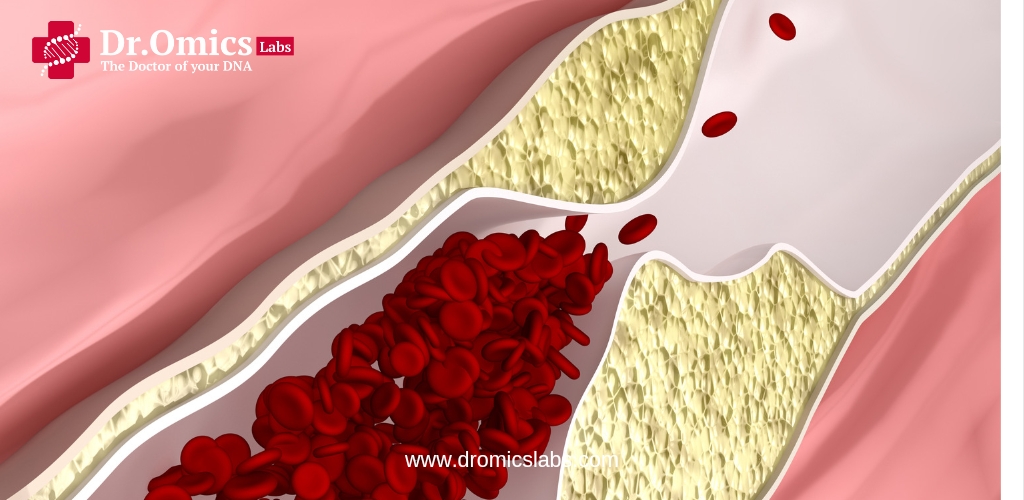Heart disease is a global health concern and a leading cause of mortality. While various factors contribute to its development and progression, research has established a strong link between diet and heart disease risk. By understanding the connection between our plate and cardiovascular health, we can empower ourselves to make informed dietary choices and prioritize heart health.
The Role of Diet in Heart Health
A heart-healthy diet entails consuming foods that are beneficial to cardiovascular health. By incorporating nutrient-dense and wholesome options into our meals, we can reduce the risk of heart disease and promote overall wellbeing.
Fruits and Vegetables
Colorful fruits and vegetables are packed with essential vitamins, minerals, and antioxidants that can boost heart health. These natural powerhouses help to lower blood pressure, reduce inflammation, and decrease the risk of developing heart disease.
Whole Grains
Choosing whole grains over refined grains is a significant aspect of a heart-healthy diet. Whole grains, such as brown rice, whole wheat bread, and quinoa, are rich in fiber, which assists in lowering cholesterol levels. Adequate fiber intake is crucial for maintaining optimal heart health.
Lean Proteins
Incorporating lean sources of protein, such as poultry, fish, legumes, and tofu, is beneficial for heart health. These options contain minimal saturated fats compared to red meats and can help prevent the development of heart disease.
Healthy Fats
Replacing unhealthy fats, like saturated fats and trans fats, with healthier options is vital for heart health. Olive oil, avocado, nuts, and seeds are sources of healthy fats that can help lower LDL cholesterol levels and reduce the risk of heart disease.
Sodium and Added Sugars
Limiting sodium and added sugar intake is crucial in maintaining a heart-healthy diet. High sodium levels are associated with increased blood pressure, while excessive sugar consumption can lead to obesity, diabetes, and heart disease. Opting for fresh and homemade meals rather than processed foods can significantly reduce sodium and hidden sugar intake.
Moderation and Portion Control
Maintaining balance and practicing portion control are key to a heart-healthy diet. Even with nutritious foods, moderation is essential to maintain a healthy weight and reduce the risk of heart disease.
Holistic Lifestyle Approaches
While diet is a significant factor, other lifestyle choices contribute to heart health as well. Regular physical activity, stress management, and avoidance of smoking are essential in maintaining a healthy heart. Incorporating these factors into one’s daily routine significantly enhances cardiovascular health.
Seeking Professional Guidance
It’s important to consult with a healthcare professional or a registered dietitian to receive personalized recommendations tailored to your specific needs and medical history. They can provide expert guidance on managing heart disease risk through diet and lifestyle changes.
Conclusion
Understanding the impact of our dietary choices on heart health is the first step towards prioritizing cardiovascular wellbeing. By incorporating fruits, vegetables, whole grains, lean proteins, healthy fats, and monitoring sodium and sugar intake with moderation and portion control, we can significantly reduce the risk of heart disease. Coupled with an active lifestyle, stress management, and avoiding smoking, a heart-healthy diet enhances overall cardiovascular health and promotes longevity. Remember that small changes in daily eating habits can lead to significant improvements in heart health.



